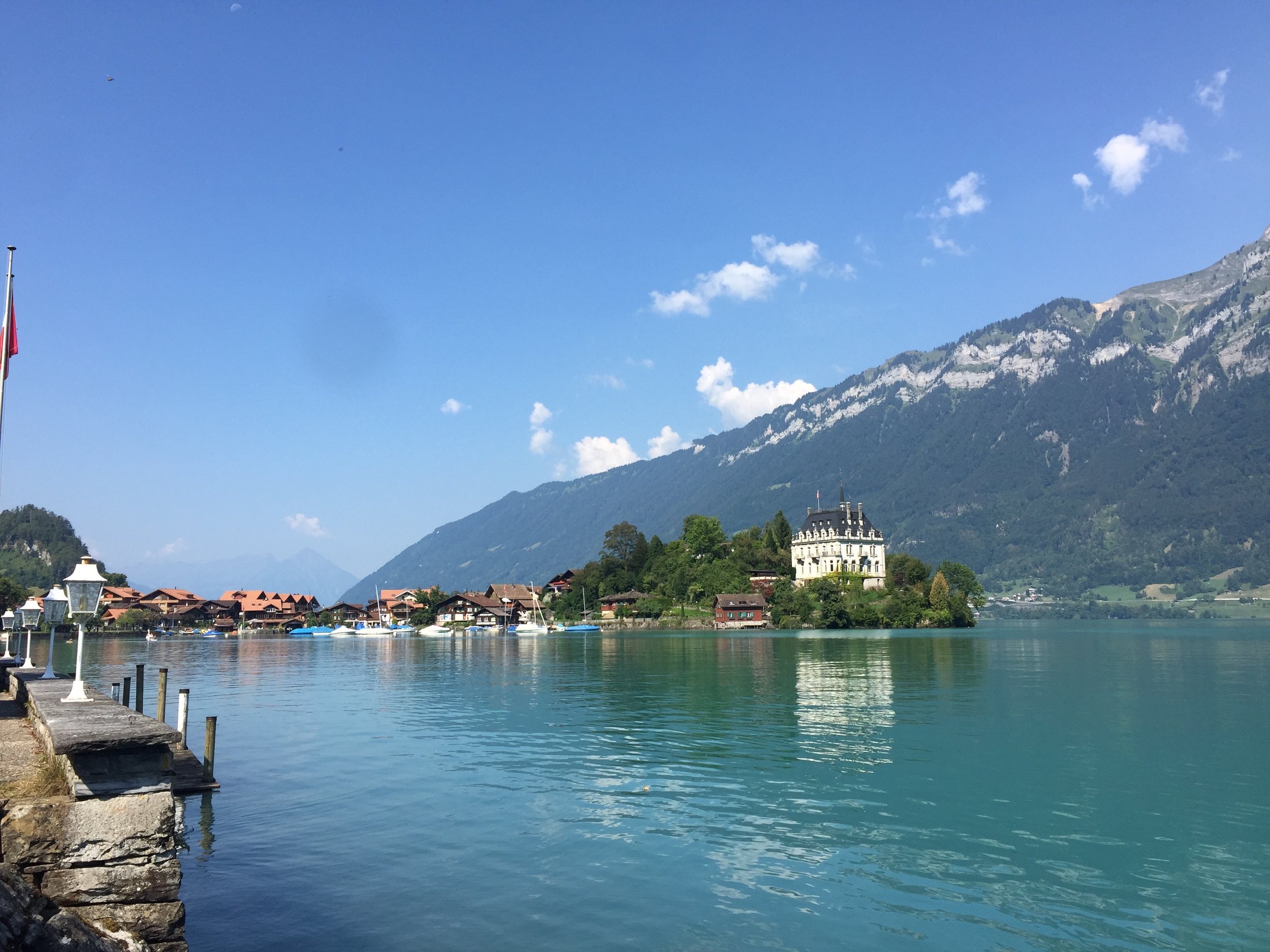
Reviews
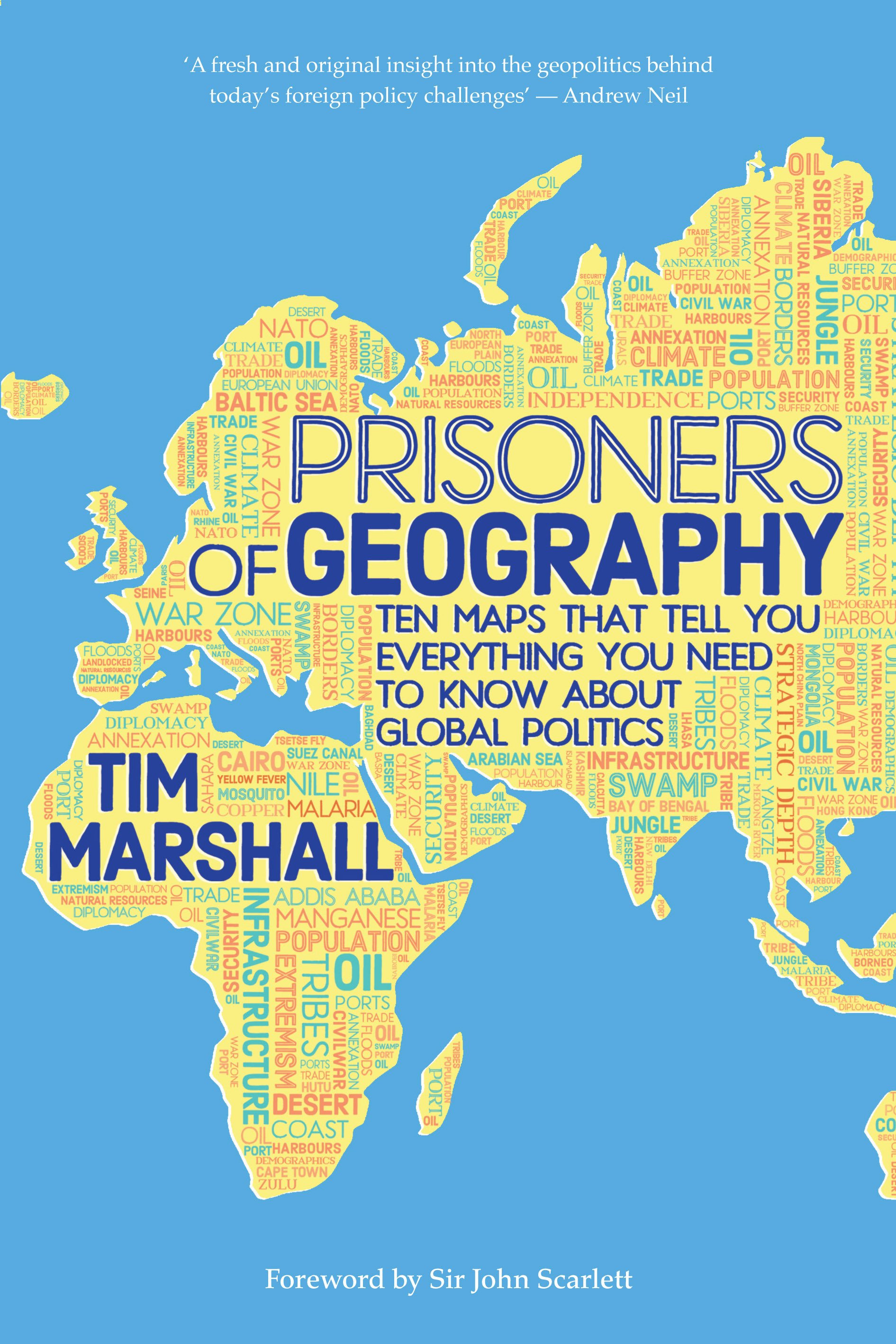
Prisoners of Geography
All leaders of nations are constrained by geography. Their choices are limited by mountains, rivers, seas, and concrete. To understand world events, news organizations and other authorities often focus on people, ideas, and political movements, but without geography, we never have the full picture. Now, in the relevant and timely Prisoners of Geography, seasoned journalist Tim Marshall examines Russia, China, the USA, Latin America, the Middle East, Africa, Europe, Japan and Korea, and Greenland and the Arctic—their weather, seas, mountains, rivers, deserts, and borders—to provide a context often missing from our political reportage: how the physical characteristics of these countries affect their strengths and vulnerabilities and the decisions made by their leaders.
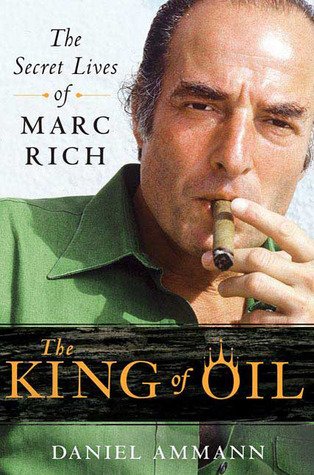
The King of Oil
Billionaire oil trader Marc Rich for the first time talks at length about his private life (including his expensive divorce from wife Denise); his invention of the spot oil market which made his fortune and changed the world economy; his lucrative and unpublicized dealings with Ayatollah Khomeini's Iran, Fidel Castro's Cuba, war-ravaged Angola, and apartheid South Africa; his quiet cooperation with the Israeli and U.S. governments (even after he was indicted for tax fraud by Rudy Guiliani) and near-comical attempts by U.S. officials to kidnap him illegally.
This sure-to-make-headlines book is the first no-holds-barred biography of Rich, who was famously pardoned by Bill Clinton, and resurfaced in the news during the confirmation hearings of Attorney General Eric Holder. “The King of Oil” sheds stunning new light on one of the most controversial international businessmen of all time, charting Rich's rise from the Holocaust, which he fled as a young boy, to become the wealthiest and most powerful oil and commodities trader of the century. From his earliest trading days to the present, Marc Rich's story is astonishing and compelling.

Over the Top: A Raw Journey to Self-Love
Who gave Jonathan Van Ness permission to be the radiant human he is today? No one, honey.
The truth is, it hasn’t always been gorgeous for this beacon of positivity and joy.
Before he stole our hearts as the grooming and self-care expert on Netflix’s hit show Queer Eye, Jonathan was growing up in a small Midwestern town that didn’t understand why he was so…over the top. From choreographed carpet figure skating routines to the unavoidable fact that he was Just. So. Gay., Jonathan was an easy target and endured years of judgement, ridicule and trauma—yet none of it crushed his uniquely effervescent spirit.

Case in Point
Cosentino demystifies the consulting case interview. He takes you inside a typical interview by exploring the various types of case questions and he shares with you a system that will help you answer today's most sophisticated case questions.
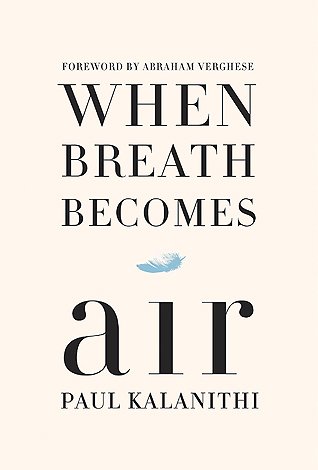
When Breath Becomes Air
At the age of thirty-six, on the verge of completing a decade's worth of training as a neurosurgeon, Paul Kalanithi was diagnosed with stage IV lung cancer. One day he was a doctor treating the dying, and the next he was a patient struggling to live. And just like that, the future he and his wife had imagined evaporated. When Breath Becomes Air chronicles Kalanithi's transformation from a naïve medical student "possessed," as he wrote, "by the question of what, given that all organisms die, makes a virtuous and meaningful life" into a neurosurgeon at Stanford working in the brain, the most critical place for human identity, and finally into a patient and new father confronting his own mortality.
What makes life worth living in the face of death? What do you do when the future, no longer a ladder toward your goals in life, flattens out into a perpetual present? What does it mean to have a child, to nurture a new life as another fades away? These are some of the questions Kalanithi wrestles with in this profoundly moving, exquisitely observed memoir.

Into Thin Air
When Jon Krakauer reached the summit of Mt. Everest in the early afternoon of May 10, 1996, he hadn't slept in fifty-seven hours and was reeling from the brain-altering effects of oxygen depletion. As he turned to begin his long, dangerous descent from 29,028 feet, twenty other climbers were still pushing doggedly toward the top. No one had noticed that the sky had begun to fill with clouds. Six hours later and 3,000 feet lower, in 70-knot winds and blinding snow, Krakauer collapsed in his tent, freezing, hallucinating from exhaustion and hypoxia, but safe. The following morning, he learned that six of his fellow climbers hadn't made it back to their camp and were desperately struggling for their lives. When the storm finally passed, five of them would be dead, and the sixth so horribly frostbitten that his right hand would have to be amputated.

Thin Ice
"One of the best books yet published on climate change . . . The best compact history of the science of global warming I have read."―Bill McKibben, The New York Review of Books The world's premier climatologist, Lonnie Thompson has been risking his career and life on the highest and most remote ice caps along the equator, in search of clues to the history of climate change. His most innovative work has taken place on these mountain glaciers, where he collects ice cores that provide detailed information about climate history, reaching back 750,000 years. To gather significant data Thompson has spent more time in the death zone―the environment above eighteen thousand feet―than any man who has ever lived. Scientist and expert climber Mark Bowen joined Thompson's crew on several expeditions; his exciting and brilliantly detailed narrative takes the reader deep inside retreating glaciers from China, across South America, and to Africa to unravel the mysteries of climate. Most important, we learn what Thompson's hard-won data reveals about global warming, the past, and the earth's probable future.

Everything that Remains
Twenty-something, suit-clad, and upwardly mobile, Joshua Fields Millburn thought he had everything anyone could ever want. Until he didn't anymore.
Blindsided by the loss of his mother and his marriage in the same month, Millburn started questioning every aspect of the life he had built for himself. Then, he accidentally discovered a lifestyle known as minimalism...and everything started to change.
In the pursuit of looking for something more substantial than compulsory consumption and the broken American Dream, Millburn jettisoned most of his material possessions and walked away from his six-figure career.
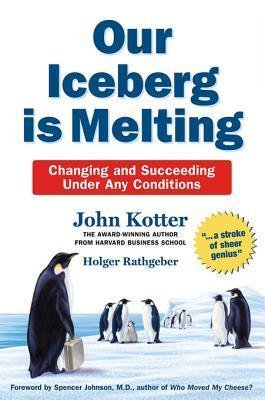
Our Iceberg is Melting: Changing and Succeeding Under Any Conditions
In Our Iceberg is Melting a simple fable about penguins illustrates how to conquer change, with profound lessons for working and living in an ever-changing world.
This charming story about a penguin colony in Antarctica illustrates key truths about how we deal with the issue of handle the challenge well and you can prosper greatly; handle it poorly and you put yourself at risk. The penguins are living happily on their iceberg as they have done for many years. Then one curious penguin discovers a potentially devastating problem threatening their home – and pretty much no one listens to him.
The characters in this fable are like people we recognize, even ourselves. Their story is one of resistance to change and heroic action, confusion and insight, seemingly intractable obstacles and the most clever tactics for dealing with those obstacles. It is a story that is occuring in different forms around us today – but the penguins handle change a great deal better than most of us.
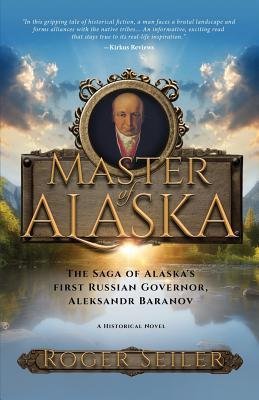
Master of Alaska
Master of Alaska -the exciting story of Aleksandr Baranov, a charismatic Russian leader, who left his family in 1790 to sail to Alaska as chief manager. Shipwrecked, he survived a harsh wilderness; motivated Aleuts to help him; married a young Native; and endured massacres from the Tlingit, meddling priests, the Battle of Sitka and a running duel with powerful Tlingit Chief Katlian. He built an empire and sought peace with the Tlingit, helped by his wife and teenage daughter. Alaska is part of the U.S. today, thanks largely to Baranov.


